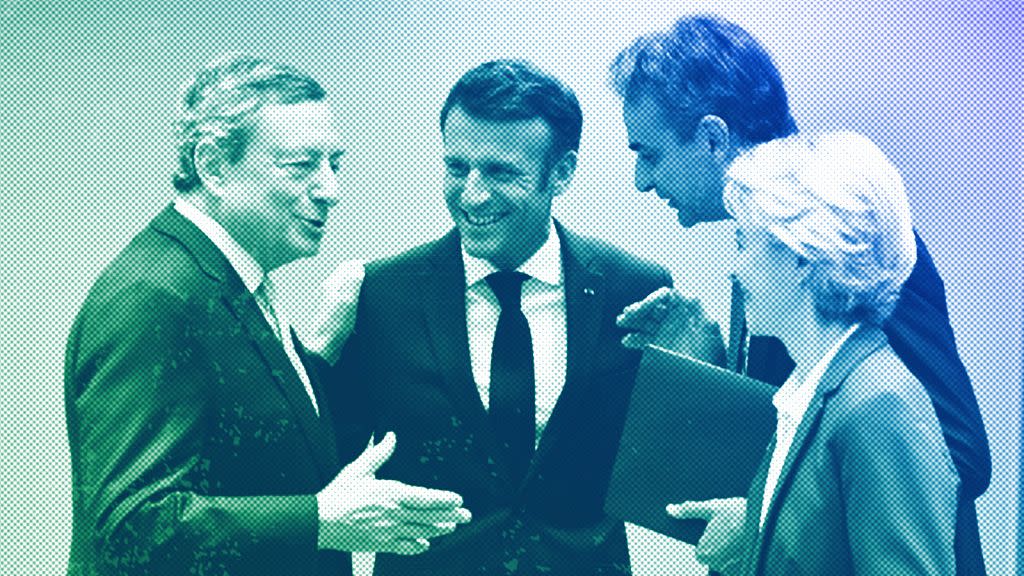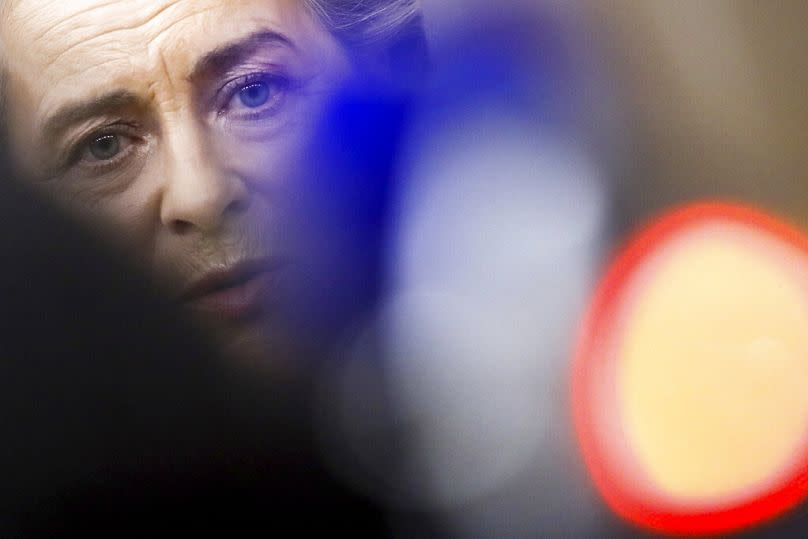Draghi's report lacks transparency and risks capture by big business

- Oops!Something went wrong.Please try again later.
- Oops!Something went wrong.Please try again later.
A spectre is haunting Europe — the spectre of waning competitiveness. Everyone in Brussels is talking about it.
And from everything we’ve heard so far, the next European Commission will put competitiveness at the top of its political agenda.
Mario Draghi’s report on the future of European competitiveness, due out in June, is therefore likely to have a huge impact on the next Commission’s mandate and the future of the EU.
As European civil society organisations, we have grave concerns about this report and expressed these last week in an open letter to Mario Draghi and European Commission President Ursula von der Leyen.
Industry driven?
The lack of transparency and access in the drawing up of this report is deeply troubling.
Draghi has been meeting with industry representatives such as the European Round Table for Industry and BusinessEurope. And though one meeting with trade unions did take place, many civil society groups have not been consulted.
Furthermore, government officials from member states have complained about a lack of access. A report of this importance, however, must be developed on a much more transparent and accessible basis if it is to be perceived as legitimate and supported by European society at large.

In addition, the overall philosophy Draghi set out in his speech in La Hulpe on 16 April has raised further concerns. For several sectors, such as defence, energy, and telecoms, he proposed allowing market consolidation to help Europe become more competitive in world markets.
This would allow market concentration to increase even further in Europe, harming European consumers, workers and small businesses while actually undermining our competitiveness.
It would lead to a situation where so-called “European champions” are unproductively subsidised with public money while important social, economic, and environmental objectives are sacrificed to benefit the shareholders of these dominant firms.
The threat of a monopoly agenda looms
Prioritising the narrow interests of large corporations over the public interest is not an acceptable or workable economic development strategy.
In short, Draghi and von der Leyen should consider giving civil society a bigger say over the report's content and recommendations and disclosing all their meetings with interest groups.
It’s wrong to adopt a narrow policy agenda driven by the interests of corporate giants. In the end, the pathway to a prosperous, resilient, dynamic, innovative and democratic European economy lies in pursuing economic balance and diversity rather than monopoly.
Max Bank is Researcher and Campaigner at LobbyControl, and Olivier Hoedeman is Researcher and Campaigner at Corporate Europe Observatory. At Euronews, we believe all views matter.
Contact us at view@euronews.com to send pitches or submissions and be part of the conversation.

